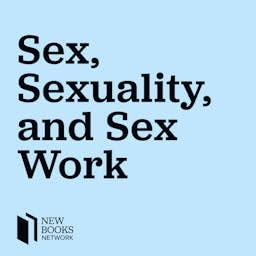In both the United States and France, each side of the legal battle over same-sex marriage and parenthood relied heavily on experts. Despite the similarity of issues, however, lawmakers in each country turned to different sets of authorities: from economists and psychoanalysts to priests and ordinary people. They even prized different types of expertise—empirical research in the United States versus abstract theory in France.Exploring the legalization of same-sex marriage in the United States and France, Michael Stambolis-Ruhstorfer sheds new light on the power of experts to influence high-stakes democratic debates. Drawing on extensive interviews and ethnographic observation, Michael Stambolis-Ruhstorfer traces the divergences between the two countries, showing why some experts are ubiquitous in one but absent in the other. He argues that lawmakers, judges, lawyers, journalists, and activists covet something only experts can provide: the credibility and aura of authority, or “expert capital,” which they deploy to advance their agendas. Expert capital is not derived from scientific or technical merit alone but is produced through cultural norms, material resources, and social relationships, which vary greatly across national contexts.Through the story of the fight over gay rights, By the Power Vested in Me: How Experts Shape Same-Sex Marriage Debates (Columbia UP, 2025) reveals how and why certain experts—but not others—obtain the authority to shape public opinion and policy. At a time of soaring public distrust in experts, this book offers new ways to understand the contested political role of expertise and its consequences. Michael O. Johnston, Ph.D. is an Associate Professor of Sociology at William Penn University, where he specializes in the cultural and interpretive study of space, behavior, and identity. His scholarship examines how designed environments shape social interaction, connectedness, and moral life across diverse settings. He is the author of The Social Construction of a Cultural Spectacle: Floatzilla (Lexington Books, 2023) and Community Media Representations of Place and Identity at Tug Fest: Reconstructing the Mississippi River (Lexington Books, 2022). His current research projects include the study of escape rooms as emotion-structured environments, temporal urban environments in rural historical towns, student experiences of hanging out and being at home while at college and university, and a more recent study on the making of rodeo. To learn more about his work, visit his personal website, Google Scholar profile, or connect with him on Bluesky (@professorjohnst.bsky.social) or Twitter/X (@ProfessorJohnst). He can also be reached directly by email. Learn more about your ad choices. Visit megaphone.fm/adchoices
続きを読む
一部表示
 56 分
56 分 2026/01/301 時間 11 分
2026/01/301 時間 11 分 57 分
57 分 2026/01/2852 分
2026/01/2852 分 56 分
56 分 44 分
44 分 50 分
50 分 50 分
50 分
